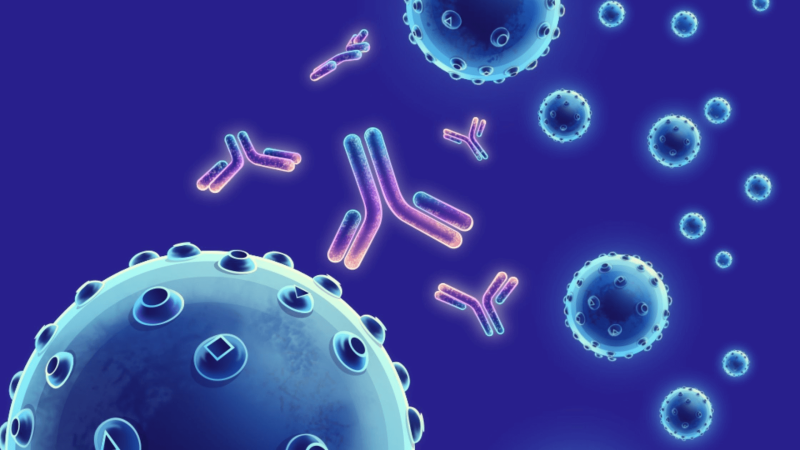Monoclonal antibodies were once the star of COVID-19 outpatient treatments. Since they first became available in 2020 – even before the first vaccines – more than 3.5 million infusions of the factory-grown proteins have been given to patients in the U.S. to help reduce risk of hospitalization.
But one by one, different monoclonal treatments have lost their efficacy against new variants of the coronavirus. The rise of Paxlovid antiviral pills earlier this year, further dented their appeal.
Now, a new wave of omicron subvariants that are the best yet at evading the immune system’s current defenses have taken over in the U.S. They’re expected to knock out bebtelovimab, the last monoclonal antibody treatment standing against the coronavirus. Soon, it’ll join bamlanivimab, casirivimab, sotrovimab and others in the graveyard of monoclonals that once targeted past COVID strains until they were outflanked by variants that evaded their protection.
There might still be hope for monoclonals. Drugmakers and researchers at government agencies are now retooling the strategy, looking for monoclonal antibodies that could last.
“Initially, the focus was, ‘let’s just find the most potent antibodies,'” says Joshua Tan, chief of the Antibody Biology Unit at NIH. “Now, there’s awareness that we need to find antibodies that are likely to work against not just the [current version of the] coronavirus, but whatever may come.”































